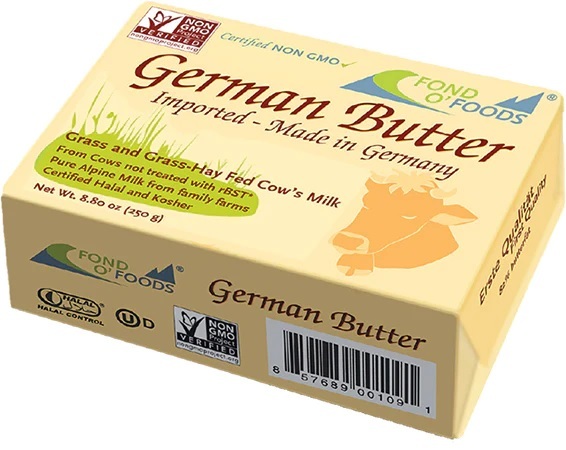
Health Impact News Editor Comments:
The processed food industry is struggling to come to grips with a more educated consumer. Gone are the days where government and mass-media could completely sway the buying habits of the American public as they did in the past. Today mainstream media is still largely financed by big industry, from pharmaceuticals to processed food to automobiles, and as Americans change their buying habits it is very likely mainstream media will also die a slow death.
It would be wrong to assume that the processed food industry will simply change and start producing healthy food, however. Instead, they will try to capitalize on the new trends in healthy eating, and attempt to become suppliers in this market space. It has been happening with organic products for years, as Big Food has lobbied to loosen USDA organic standards, while also buying up smaller companies to add to their processed food portfolio. Much of the organic food industry today is large-scale processed food.
It is no surprise that one of the world’s largest margarine producers has come out and admitted that they have been wrong about butter all along, and that it is indeed healthier than margarine. This is not a suddenly new found concern about the health of consumers, but a marketing reality as sales of margarine continue to plummet while sales of butter skyrocket. So don’t expect them to start offering healthy whole foods anytime soon. Their solution is simply to add some of the “real” stuff into the fake stuff. And that real butter will more than likely come from milk produced in large CAFOs (confined animal feeding operations).
The logical result of seeing that consumers prefer butter would be to produce more butter. But that does not fit the model of the industrial margarine manufacturers. Also, most Americans have not yet realized that to eat truly healthy REAL food they need to pay a lot more for it. Americans spend less percentage of their income on food than any other country in the world. A big reason for that is because prices are kept low on the major farm subsidies that go into about 90% of the food Americans eat and that are fed to our livestock: wheat, corn, and soy.
Margarine manufacturers are of course betting on the fact that American consumers will NOT pay more for real butter, so look for the fake stuff to continue, with a little of the “real” stuff mixed in for marketing purposes. These companies cannot afford to produce REAL food, and American consumers better wake up soon and realize they cannot afford to continue eating cheap processed foods.
The war against butter is over. Butter won
Excerpts:
Anglo-Dutch consumer products giant Unilever spent more than 20 years trying to beat butter at its own game. But the maker of Flora, Country Crock, and I Can’t Believe It’s Not Butter, appears ready to give up the fight.
“For the last 20 years or so, we have been too obsessed, overly obsessed on the fact that butter was opposed to margarine,” Antoine Bernard de Saint-Affrique, the head of Unilever’s Food division, told investors last month. “I’m happy to say that this time is over and we have changed.”
In what Unilever executives describe as a “fundamental turnaround,” the consumer products giant is now selling a spread made with butter.
As the locus of health and nutrition concerns have shifted away from fat content and toward worry over processed foods, margarine sales have tanked. In the US, margarine consumption is at a 70 year low. Since 2000, sales are down by more than 30%. Meanwhile, butter consumption in the US hit a 40 year high in 2012. Sales are up by over 65% since 2000.






Join the Discussion